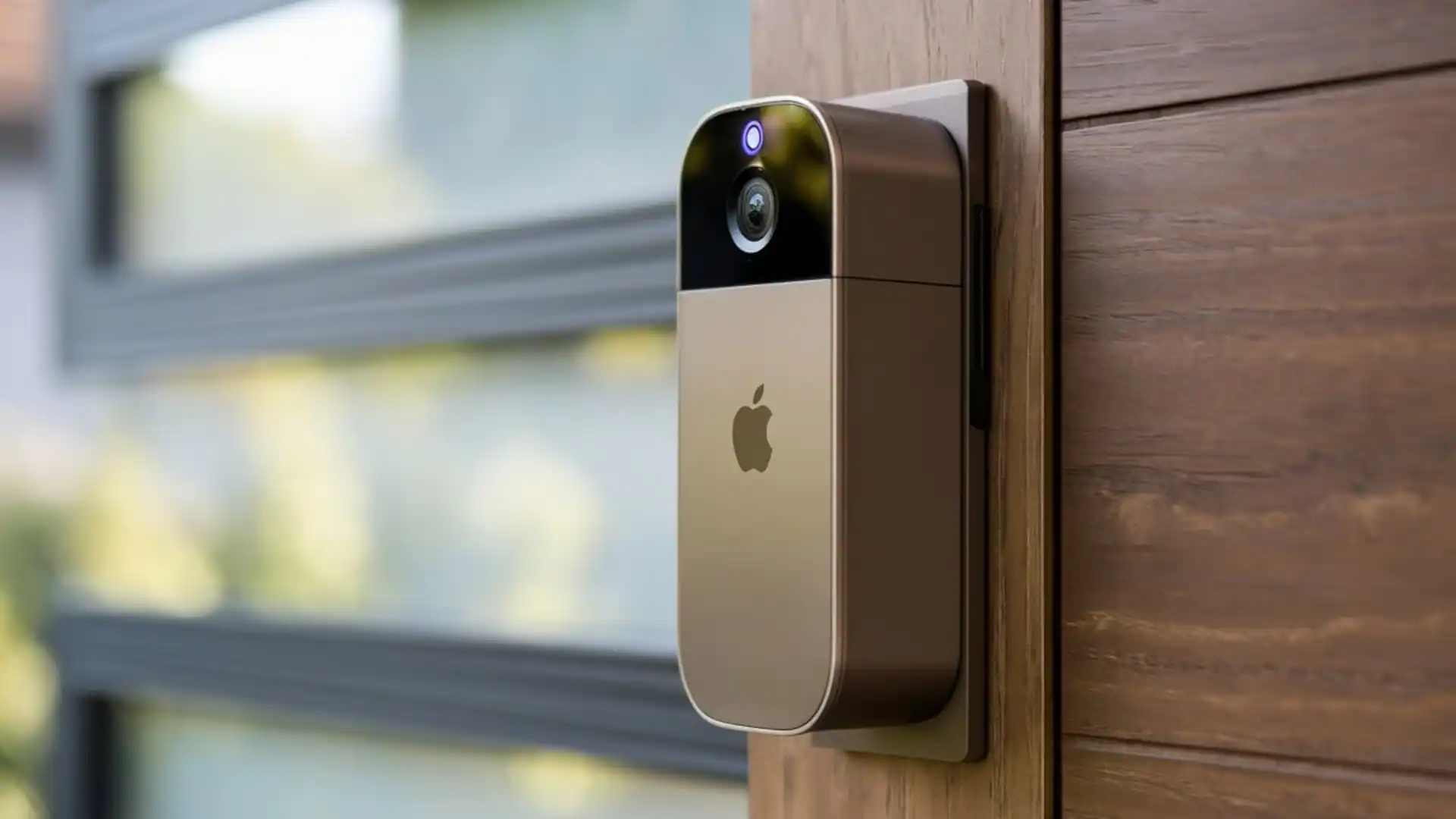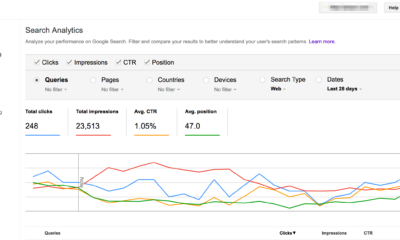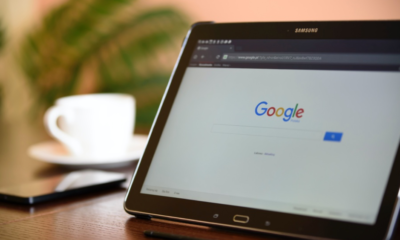Business
Apple reportedly developing Smart Doorbell with FaceID Technology

Apple is reportedly working on a smart doorbell that would integrate its FaceID technology to enhance home security, according to a new Bloomberg report. The device, which is still in the early stages of development, could allow homeowners to unlock their doors automatically by scanning the faces of visitors approaching their homes.
The smart doorbell would leverage Apple’s advanced facial recognition system to identify people at the door. When a recognized face is detected, it would wirelessly communicate with a connected deadbolt lock to unlock the door, allowing residents to let in familiar visitors without needing to manually unlock the door themselves. The device could also potentially work with third-party smart locks compatible with Apple’s HomeKit, or Apple could opt to partner with a specific lock manufacturer.
The smart doorbell is expected to debut no earlier than 2025, as it is still in the development phase. If launched, it would join a growing list of Apple products aimed at expanding the company’s presence in the home automation and smart home market. This move comes as Apple continues to explore opportunities beyond its core devices, such as smartphones and laptops, by creating interconnected systems for home security, entertainment, and convenience.
The FaceID-powered doorbell would put Apple in direct competition with established players in the smart home space, including Amazon’s Ring, which has long dominated the market for video doorbells. However, Apple’s new product would also introduce unique challenges, particularly around privacy and security. With facial recognition technology, concerns over potential data breaches or misuse of personal information are likely to arise. Additionally, experts point out that if the system fails or is compromised—especially if it were to be blamed for allowing unauthorized access during a break-in—it could expose Apple to significant reputational and legal risks.
Apple’s approach to smart home devices has been more cautious than that of its competitors, as it has typically prioritized user privacy and security. However, this new product, if it comes to market, could bring with it heightened scrutiny over how Apple collects, stores, and protects biometric data. It does have risks but this could well be a great entry point for Apple’s domination in the home automation market.
-

 Domains6 years ago
Domains6 years ago8 best domain flipping platforms
-

 Business6 years ago
Business6 years ago8 Best Digital Marketing Books to Read in 2020
-

 How To's6 years ago
How To's6 years agoHow to register for Amazon Affiliate program
-

 How To's6 years ago
How To's6 years agoHow to submit your website’s sitemap to Google Search Console
-

 Domains5 years ago
Domains5 years agoNew 18 end user domain name sales have taken place
-

 Business6 years ago
Business6 years agoBest Work From Home Business Ideas
-

 How To's6 years ago
How To's6 years ago3 Best Strategies to Increase Your Profits With Google Ads
-

 Domains5 years ago
Domains5 years agoCrypto companies continue their venture to buy domains








